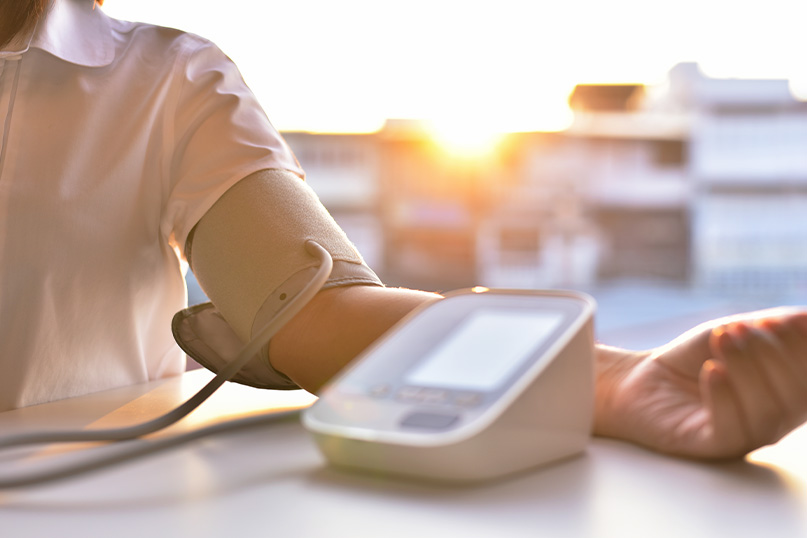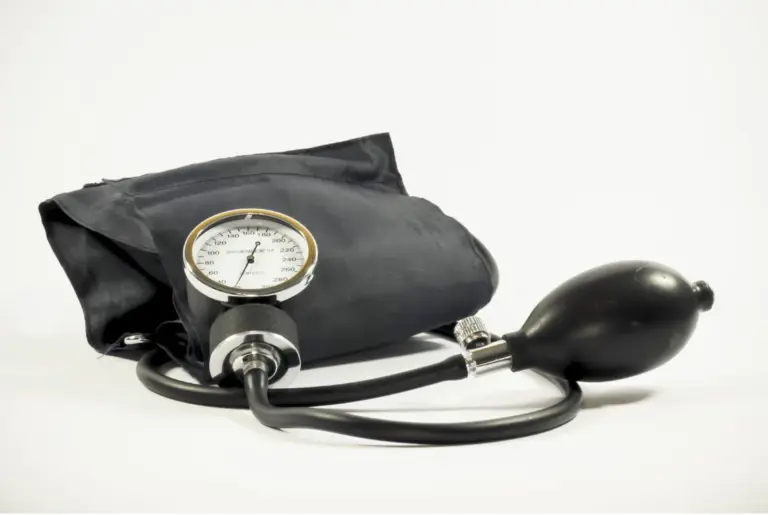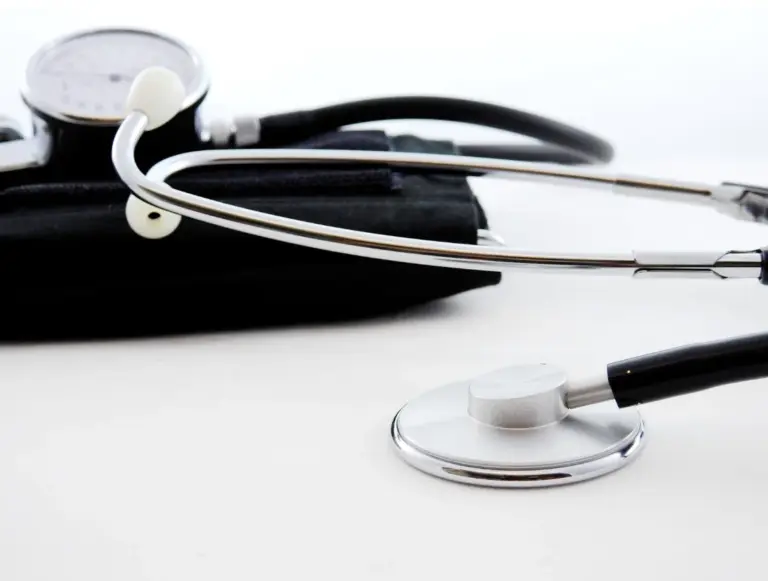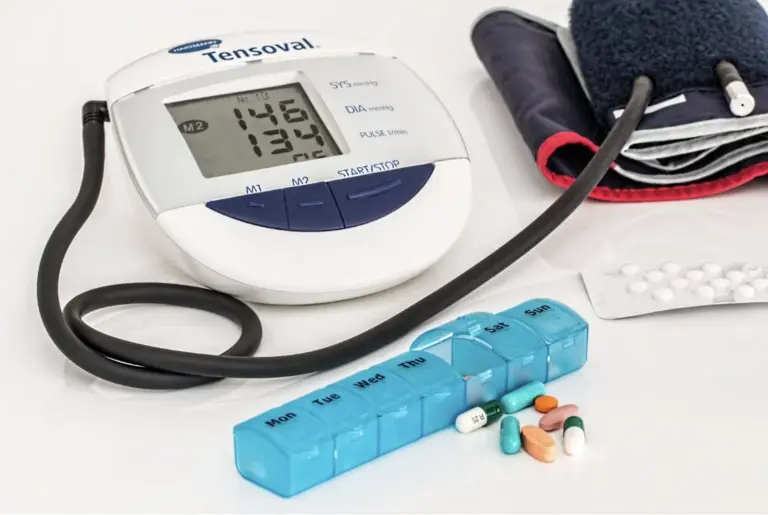Morning blood pressure is a critical factor in overall heart health. It tends to rise early in the day and can be a precursor for increased risk of heart attacks and strokes. Monitoring and managing it through lifestyle changes, like diet and exercise, can reduce these risks. Pay attention to morning readings and take preventive steps to protect your heart.
What is Morning Blood Pressure?
Morning blood pressure refers to the rise in blood pressure that happens naturally when you wake up. According to the American Heart Association Journals, blood pressure follows a daily pattern, with its lowest levels during sleep and highest levels in the morning. This is called a diurnal rhythm. After waking up, the body adjusts to daytime activities, causing blood pressure to spike. While a slight rise is normal, an exaggerated surge can increase the risk of heart problems. Monitoring blood pressure early in the morning is key to understanding your cardiovascular health.
Common Causes of Elevated Morning Blood Pressure
Wondering why your blood pressure is higher in the morning? Several factors can lead to elevated blood pressure in the morning. It is important to recognise these causes as they may contribute to long-term health risks. Here are the most common factors:
Hormonal Fluctuations
Your body releases hormones like adrenaline and cortisol when you wake up. These hormones trigger an increase in blood pressure to prepare for daily activities.
Poor Sleep Patterns
Inadequate or restless sleep can disrupt the natural rhythm of blood pressure. This often leads to higher morning levels.
High Sodium Intake
Eating foods high in salt can cause your body to retain water. This increases blood pressure, particularly in the morning.
Lack of Physical Activity
A sedentary lifestyle weakens the heart, leading to higher blood pressure, especially after waking up. Regular exercise helps control these spikes.
Risks Associated with High Morning Blood Pressure
As per the National Library of Medicine, high morning blood pressure poses serious health risks. If left unmanaged, it can lead to severe cardiovascular complications. Here are the main dangers associated with morning hypertension:
Increased Risk of Heart Attacks and Stroke
The early morning surge in blood pressure increases the likelihood of heart attacks and strokes. These events are more common during morning hours due to this rise.
Damage to Arteries and Organs
Persistent high blood pressure can damage the arteries, leading to reduced blood flow. This impacts vital organs, such as the kidneys and brain.
Stress on the Heart
Elevated blood pressure places extra stress on the heart, causing it to work harder. Over time, this can lead to heart failure or other heart-related issues.
How to Monitor Early Morning Blood Pressure?
Monitoring your blood pressure in the morning is crucial for early detection of potential risks. Morning blood pressure often rises due to the body’s natural cycle, and keeping track helps manage heart health. Regular monitoring can also prevent serious health issues by ensuring timely medical intervention.
Home Blood Pressure Monitoring
Using a home blood pressure monitor is an easy way to track morning levels. Take measurements right after waking up, before eating or exercising, to get the most accurate reading. Keep a daily log to help your doctor assess your condition.
Tips for Managing Morning Blood Pressure
Managing morning blood pressure is key to lowering your risk of heart problems. Making a few lifestyle changes can help. Start by paying attention to your diet, daily activities, and how you handle stress. Following a good routine ensures better control over your morning blood pressure.
Dietary Adjustments
Limit salt intake and focus on eating fresh fruits, vegetables, and whole grains. Reducing processed foods helps keep your blood pressure steady.
Exercise Routine
Regular exercise, like walking or swimming, strengthens your heart. Aim for at least 30 minutes of activity daily to help control blood pressure.
Managing Stress
According to AHA Journals, using relaxation techniques like deep breathing or meditation can help. Reducing stress levels lowers blood pressure and supports overall well-being.
Medication Timing
Take your prescribed medications as instructed. Consistency in timing helps keep your blood pressure within the healthy range.
Conclusion
Keeping morning blood pressure in check is crucial for heart health. Simple changes like a balanced diet, regular exercise, stress management, and timely medication can make a big difference. Take control today by following these steps and lower your risk of serious heart issues. Your health is in your hands.
Disclaimer
The information contained in this article is to educate, spread awareness in relation to hypertension and other diseases to the public at large. The contents of this article are created and developed by BPinControl.in through its authors, which has necessary, authorisations, license, approvals, permits etc to allow usage of this articles on The Website. The views and opinions expressed in this article are views, opinions of the respective authors and are independently endorsed by doctors. Although great care has been taken in compiling and checking the information in this article, The Website shall not be responsible, or in any way liable for any errors, omissions or inaccuracies in this article whether arising from negligence or otherwise, or for any consequences arising therefrom. The content of this article is not a substitute for any medical advice. The Website shall not be held responsible or liable for any consequence arising out of reliance on the information provided in the article.




